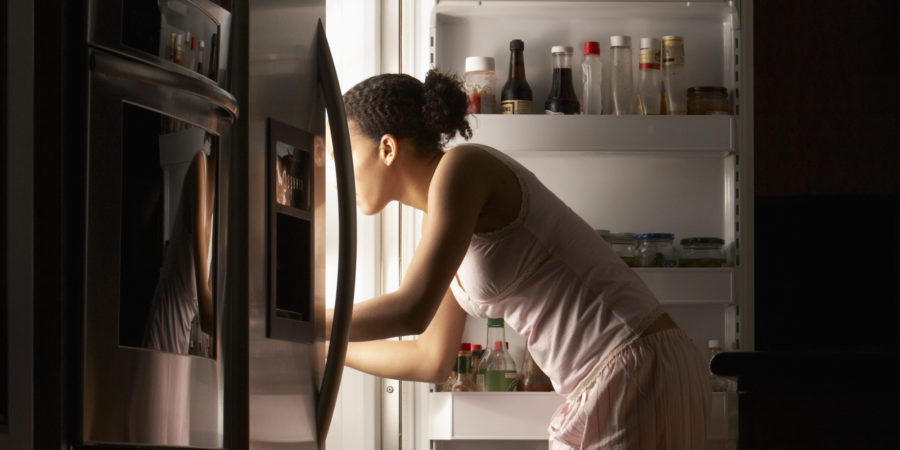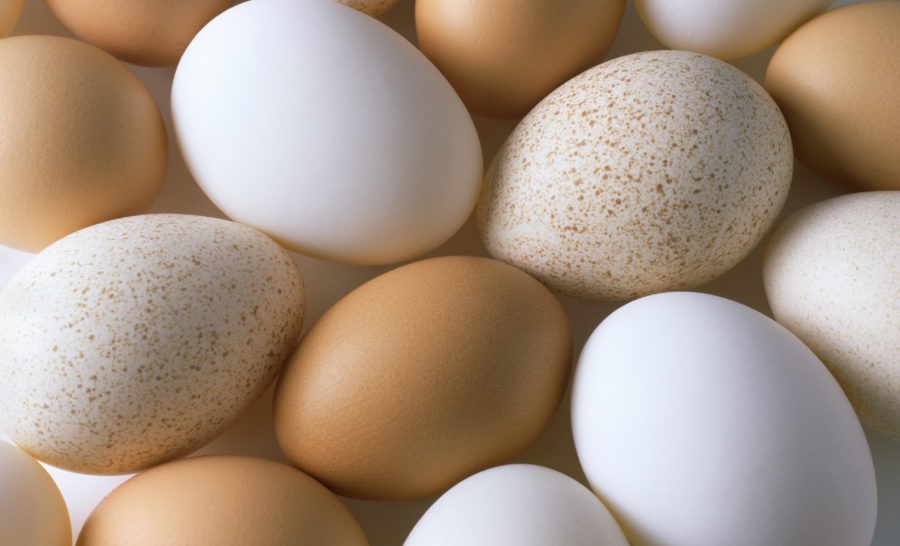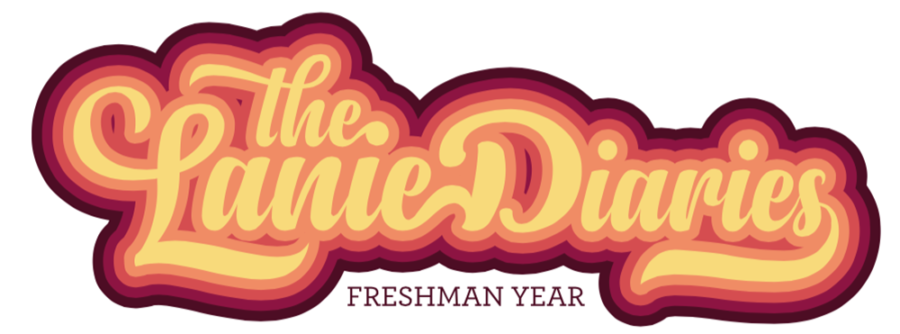Eating Taco Bell at 2 a.m. during all-night cramming sessions for 8 a.m. exams may not be the reason why freshmen are gaining the proverbial “15.”
Nachos smothered with cheese surely do not help, but students can also blame the extra cushion on waiting until the last minute.
Research reveals that sleep deprivation adds to weight gain, and not just because there is more time to eat. Lack of sleep also impacts proper functioning of the brain.
Matthew P. Walker, a professor of neuroscience at the University of California, Berkeley, authored a study published in “Current Biology,” a bi-monthly scholarly journal. Walker’s research primarily focuses on sleep affecting emotions, the physical body and psychiatric illness.
In this particular study, depriving people of sleep for 24 hours created significant changes in neurological responses to high calorie foods. Fattening foods stimulated stronger reactions in the part of the brain that motivates eating. Participants likewise experienced less activity in the frontal cortex—a region of the brain where rational decisions are made.
It has been theorized that people who try to make up for calories they use while staying up, is the relationship between sleep deprivation and weight gain. Walker’s study says there is more.
“Their hunger was no different when they were sleep-deprived and when they had a normal night of sleep,” Walker said. “That’s important because it suggests that the changes we’re seeing are caused by sleep deprivation itself, rather than simply being more metabolically impaired when you’re sleep-deprived.”
Walker goes one step further and claims that after a certain time frame, the effectiveness of the brain decreases, which would mean that freshmen pulling an “all-nighter” are not internalizing information in a way that helps their grades.
“I think you have about 16 hours of optimal functioning before the brain needs to go offline and sleep,” Walker said. “If you go beyond these 16 hours into the realm of sleep deprivation, then those brain networks start to break down and become dysfunctional.”
Ironically, weight gain and sleep deprivation are two things associated with freshman year. No one can force students to go to class, or monitor how many times they swipe into the fresh and studying requires more attention than freshmen are usually willing to give until the night before.
Lee Ann Hamilton, assistant director of health promotion and preventative services at the University of Arizona, studies the sleeping habits of students from the university. She tries to raise student awareness of the impact sleep deprivation has on health by sending out a “snoozeletter” to her students with sleep tips.
“The average student is functioning with a clinical sleep disorder,” Hamilton said. “They average about 6.5 hours per night and student’s tend to over-report in surveys. Sleep time and quality measurements (like GPA) declined over the course of the academic year, while anxiety, depression and conflicts with family, friends and roommates all rose.”
One psychologist, Brad Wolgast from the University of Delaware, suggests that sleep is the key to solving more than academic performance and weight gain. He theorizes that drug use, violence and the overall status of campus life can be improved with the right amount of pillow time.
“When you find depression, even when you find anxiety, when you scratch the surface, 80 to 90 percent of the time you find a sleep problem as well,” Wolgast said . “On campus they’re dealing with alcohol, cocaine, marijuana, Ritalin abuse, sexual assault. In comparison sleep looks like a small problem, but the truth is if I could wave a magic wand and change everybody’s sleep, there would be fewer problems with pretty much everything else.”
It can be easy to fall into the trap of procrastinating until a last-minute, all-night cramming becomes the only option, especially when first adjusting to life on campus. But the best thing freshmen can do for their grades, mental health and slim figure is to go to sleep. Do not fear the freshman 15. Instead, get the freshman 8 (eight hours of sleep) and leave Taco Bell alone.































